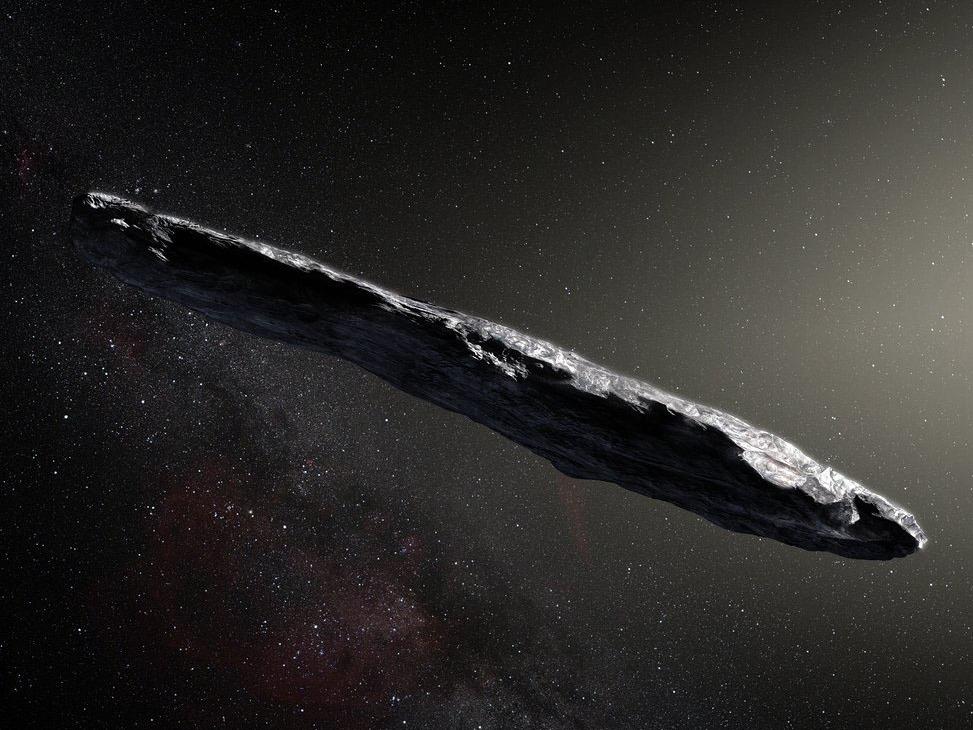What If Life On Earth Didn't Start On Earth?

Half a billion years. That's how long the Earth existed as a barren world.
Half a billion years of hell before the planet's molten seas of liquid rock cooled to give the world a solid surface.
Only then did life appear. Only then did our world's fantastic history of microbes evolving to mollusks, evolving to dinosaurs, evolving to us, begin.
But what, exactly, was that beginning?
When scientists tell the. It's a narrative of life emerging from non-life. Through random chemical trial and error — and a lot of time — the raw materials of living cells are assembled like jiggling tinker-toys. Once nature hits on the right self-replicating combination of molecules, life takes off and the evolution of form and function begins. It's a story backed up by .
You’re reading a preview, subscribe to read more.
Start your free 30 days





